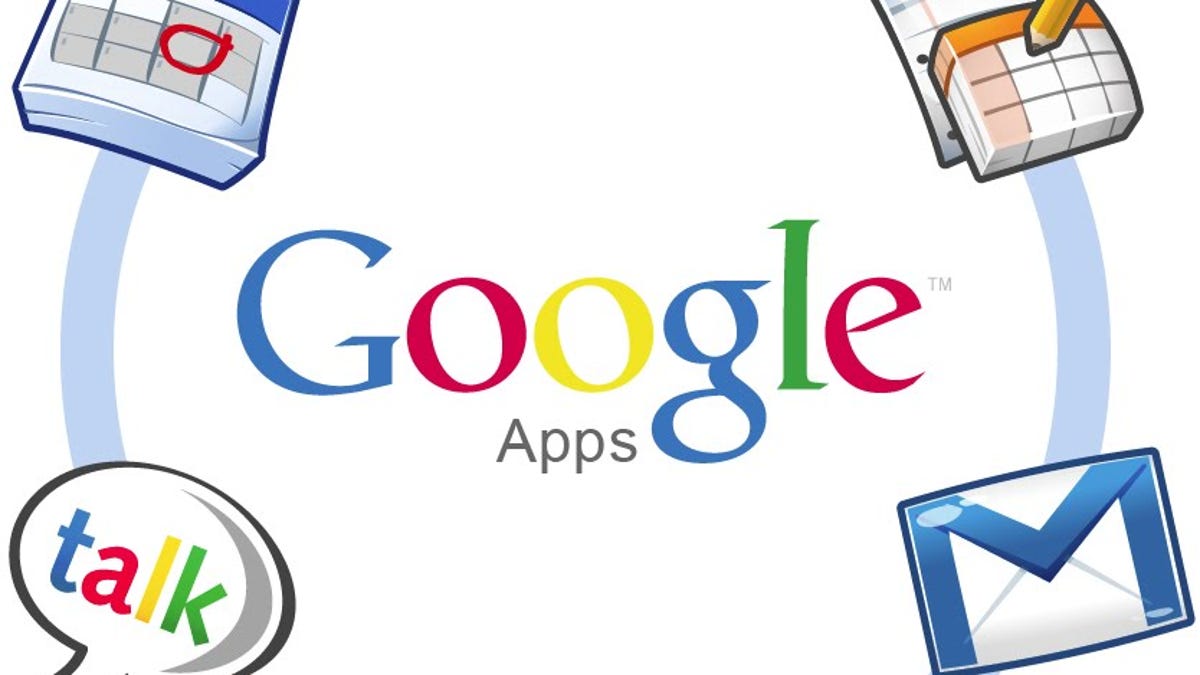Google restores offline abilities for Gmail, Docs
Working while off the Net? Google's top cloud-computing services are regaining abilities to function offline. For now, it's for Chrome only, and docs can't be edited.

After months of delay, Google this week will let people use Gmail, Google Docs, and Google Calendar even when they're offline, a key feature for making the company's cloud-computing vision more practical.
The company is a powerful proponent of the Web-based services, but the practical reality is there are plenty of times when Google's vision falls victim to the practical limits of Internet access. For Google's services to fully compete with Microsoft Office, it must work even in Internet dead zones like subways, airplanes, and rural regions.
And Google knows it. It's been testing the technology in-house and now is meeting its most recent summer deadline for release.
"Gmail, Calendar, and Docs are three of the key apps people really want to use," said Rajen Sheth, a Google group product manager. "This is something we really wanted to bring offline."
Offline Gmail lets people read and write messages (including with address autocompletion), respond to others' messages, apply labels and stars, and archive messages, said Alex Gawley, a Google senior product manager. Of course, none of the actions taken offline do anything outside a person's computer until a network connection is established and the software synchronizes with Google servers again.
The features work with Google Apps, the subscription service that combines Gmail, Google Docs, Calendar, and other services. And IT staff can install the features remotely on employee computers using Chrome's administrative policies.
Caveats
There are a lot of caveats, though, at this early stage of the process:
• The offline features initially will only be available to users of Google's Chrome browser, installed through the Chrome Web Store. Google does plan broader browser support when the others support necessary Web-app features, Sheth said.
• People will be able only to read word processing documents and spreadsheets. That means no editing of either and no use of presentations at all--again, for now. "The first priority is to get Docs' [feature to] read and write offline," Sheth said
• For offline Gmail, people will have to use a separate Web application, not the regular Gmail Web app. That means people will have to switch back and forth and use a different interface. The Web application got its start from the Gmail app for tablets and looks very similar.
• Offline Gmail stores about the last three to seven days' worth of e-mail, depending on how much people have, and all starred messages, but right now people can't set it so they can cache all messages, for example, from their boss or with a certain label.
• For offline calendars, people can read them offline and respond to RSVPs, but not create new calendar entries.
Naturally, though, the offline features fit into Google's plan of releasing technology then improving it as fast as possible.
Iterate often
"This is the first step," Sheth said. "We wanted to get something that meets core needs of users and then iterate."
Offline access also is critical to the success of Chromebooks, the laptops that use Google's browser-based operating system called Chrome OS. Without offline productivity apps, Chromebooks' utility drops significantly for those who plan to use it as more than a machine that stays put in an office or school.
The offline features will work with Chromebooks, Sheth said.
The Gmail Offline app, once installed, can be launched like any other Chrome app from Chrome's new-tab page. That app will be available today, Google said.
The offline access for Google Calendar and Google Docs is added directly to those Web applications, but isn't enabled until people check a box in the Calendar or Docs settings section. Those apps just need to be installed from the Chrome Web store then clicked once to enable. They're set to arrive gradually during this week, starting today.
Years ago, the company had enabled offline access to the applications using in-house technology called Gears. This time it's trying a different route that uses a variety of Web standards--some descended from Gears--but some proprietary elements of Chrome, at least for now.
Among the standards in use are IndexedDB, which is used to run the database that stores the data, and HTML5's App Cache, which lets the Web app run from a computing device, not just from the Web itself.
And necessary technology that's only in Chrome includes background pages, which lets the Gmail Offline app constantly keep in sync with a user's Gmail archive. Of course, that uses more memory.
Also on the road map: better offline mobile support.
"Mobile is a key area of investment for Google," Sheth said, pointing to apps for Gmail, Calendar, and Docs. "We're going to continue to evolve the mobile apps we have."

